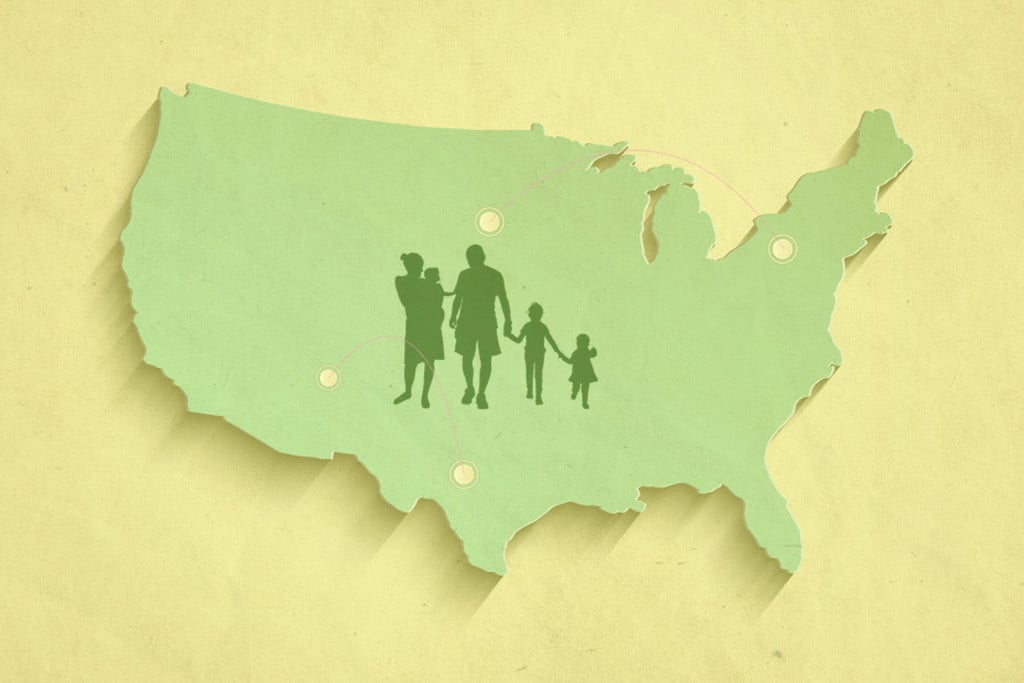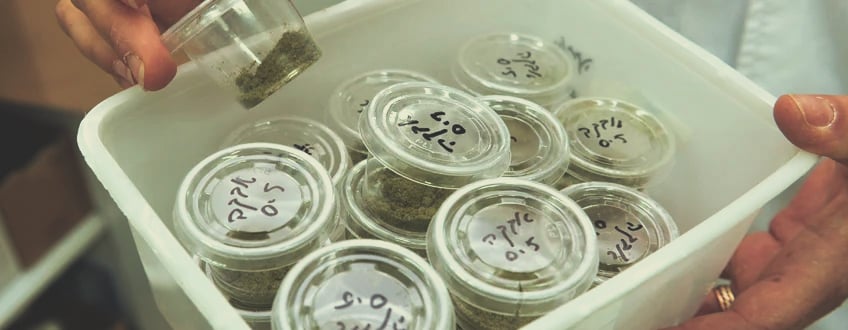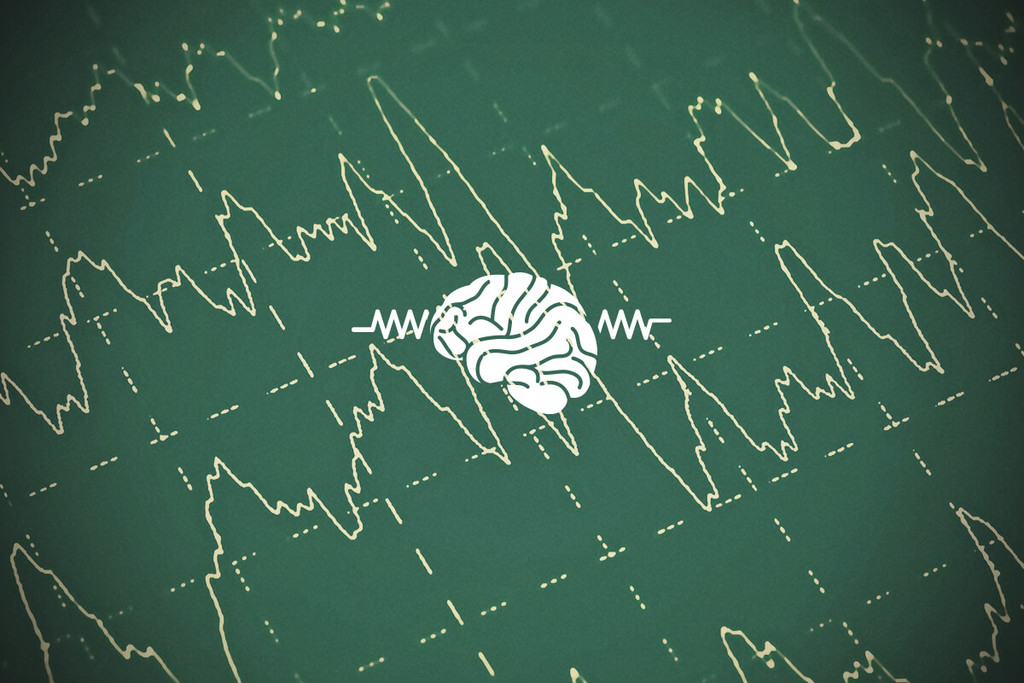.

'The Medical Marijuana Refugees' Forced To Move Due To Cannabis Laws
Medical cannabis laws in parts of the United States of American greatly contradict the scientific literature, so much so that some families have to relocate in order to find the medicine they need in a legal setting.
Several states within the United States of America recognise the medical potential of the cannabis plant and offer their citizens the option to obtain cannabis products of either a recreational or medicinal basis. States such as Alaska, Arizona, California and Colorado have rather relaxed approaches to the plant and its use for certain medical conditions.
However such an approach is not the case in other states, as well as the federal government itself. In fact, the Drug Enforcement Agency of the country view cannabis as a schedule 1 drug, claiming that cannabis has a high rate of abuse as well as no accepted medicinal value. As well as seeming monumentally tyrannical, this scheduling also contradicts large volumes of scientific publications that clearly display the vast potential of cannabis and its active constituents as medicines.
Even more shockingly, the Drug Enforcement Agency has also listed extracts that contain CBD as schedule 1 substances.

CANNABIS REFUGEES
Due to some states in America sharing similar views with the federal government when it comes to cannabis, some families have been forced to take desperate steps in order to supply their children with the cannabis-based medicine that they need for their conditions. Such extreme steps include physically having to leave their home and travel across state lines into a jurisdiction that will allow them to safely and lawfully obtain the needed medicine.
An example of this phenomena is the story of Austin, a child who has suffered from Dravet syndrome, a severe form of epilepsy, since early on in life. At age 4 Austin was experiencing a huge amount of seizures each day and was having to ingest a large amount of pharmaceutical drugs in hopes that they would keep his condition under control.
However in December of 2014, Austin and his mother went to Colorado in hopes of finding and using cannabis as a means to help his condition. It has been reported that after utilising both THC and CBD extracts, Austin’s seizures have reduced by massive amounts and the ones that remain are shorter in duration.
Austin’s mother Amy, who has since founded the organisation American Medical Refugees, told ATTN:, “You’ll go anywhere, you’ll do anything, you’ll try anything. And for years and years, we’ve tried pharmaceuticals that we knew could potentially kill our children - that certainly had hideous side effects and literally stole our children from us in the form of their personality and happiness.
SCIENCE AND HYPOCRISY
What so appauling about this situation is that the people in need of this medicine and using it are viewed as serious criminals by the federal government and their home states. However when taking into account the scientific evidence that suggests cannabis is a powerful tool for easing and combating epilepsy, it appears the real criminals in this situation are the governing bodies suppressing the right to this effective medicine.
A paper titled Trial of Cannabidiol for Drug-Resistant Seizures in the Dravet Syndrome published in the New England Journal of Medicine concludes, “Among patients with the Dravet syndrome, cannabidiol resulted in a greater reduction in convulsive-seizure frequency than placebo and was associated with higher rates of adverse events.”

A TURNAROUND
Although a dire situation, there is still hope for hope and empathy to arise. Georgia Republican Governor Nathan Deal signed a bill in 2015, Haleigh’s Hope Act, named after a child who suffered from epilepsy and was forced to move to Colorado to locate legal cannabis. The bill enabled them to move home if desired, and allows for low-THC cannabis strains and oil to be used for certain medical conditions. It is an example of growing pressure slowly changing state law, and it is only going to continue.





































